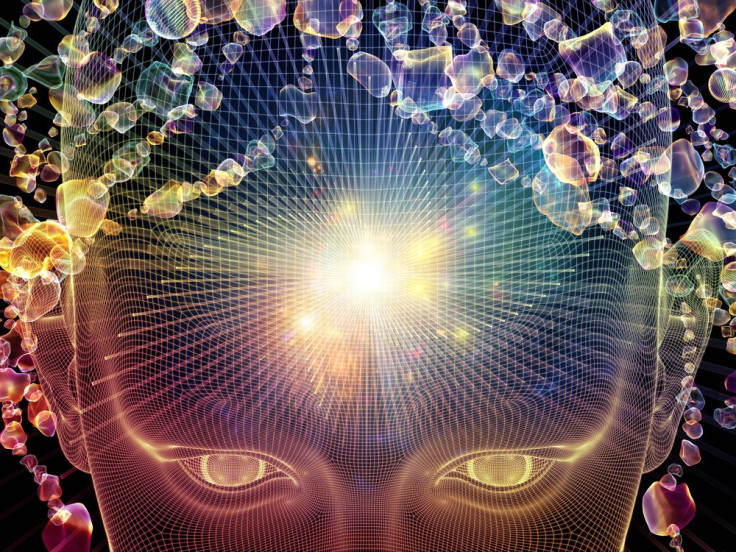Magic Mushrooms Could Help Treat Depression With Hallucination-Inducing Chemical

Magic mushrooms have earned themselves quite the reputation for causing psychedelic hallucinations. Those of us who watched Bridget Jones: Edge of Reason will remember Renée Zellweger’s character dancing in rainbow-colored water after unknowingly eating an omelet laced with them.
While for most, the notorious fungus is considered a recreational drug favored by those looking for an experience that transcends the regular, researchers believe the trippy shroom may also help treat one of the world’s most popular psychological problems — depression.
A small study published in the Sage Journal of Psychopharmacology claims to have found evidence that psilocybin — the chemical agent in mushrooms that makes people hallucinate — can help people with treatment-resistant depression (TRD). According to the researchers at the Psychedelic Research Group, Department of Medicine, Imperial College London, UK, these psychedelic compounds can induce lasting changes in personality traits, attitudes and beliefs in both healthy subjects and patient populations.
For the study, seven TRD patients were administered two doses of psilocybin, each, one week apart. Their nature relatedness and libertarian–authoritarian political perspective was measured prior and post the treatment.
According to the data collected, the patients’ nature relatedness (connection to the natural world) increased while their authoritarianism decreased. The changes remained consistent seven to 12 months after the doses were administered. The results were compared against seven healthy individuals of the same age who were not treated with psilocybin.
“Beliefs and attitudes are normally long held and don’t really change much throughout life – people generally don’t swing from one end to the other, they tend to be quite consistent. The participants only took psilocybin twice, and this change…happened quite rapidly,” explained Taylor Lyons, a PhD researcher and lead author of the study.
Previous clinical trials by the Imperial College have shown similar effects in patients who were given psilocybin. Dr Robin Carhart-Harris, head of psychedelic research said that by monitoring of the patients’ brain function they were able to notice lasting reduction in depressive symptoms.
“We have shown for the first time clear changes in brain activity in depressed people treated with psilocybin after failing to respond to conventional treatments.
“Several of our patients described feeling ‘reset’ after the treatment and often used computer analogies. For example, one said he felt like his brain had been ‘defragged’ like a computer hard drive, and another said he felt ‘rebooted’,” Harris mentioned of a study published in Scientific Reports in 2017.
“Psilocybin may be giving these individuals the temporary ‘kick start’ they need to break out of their depressive states and these imaging results do tentatively support a ‘reset’ analogy. Similar brain effects to these have been seen with electroconvulsive therapy.”



























